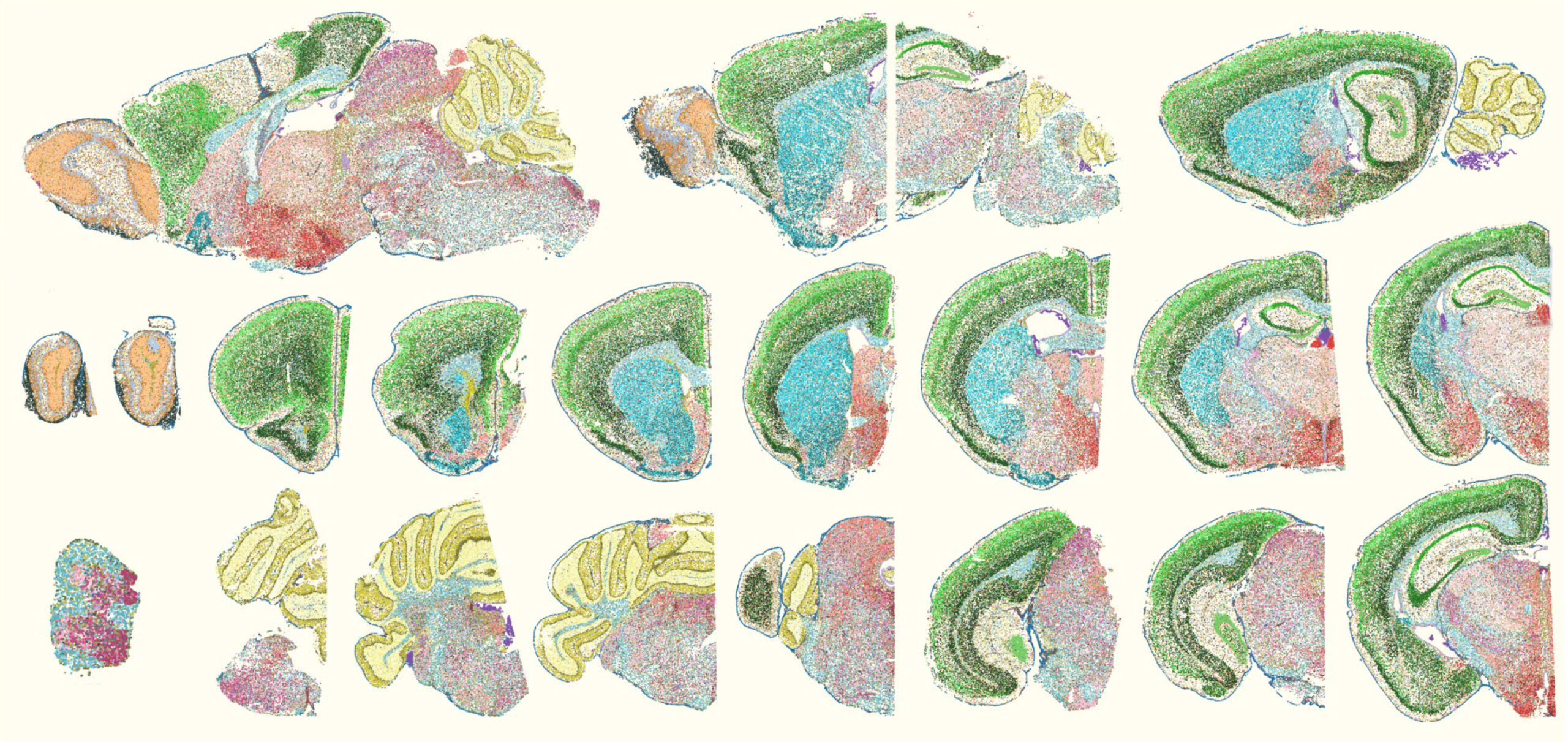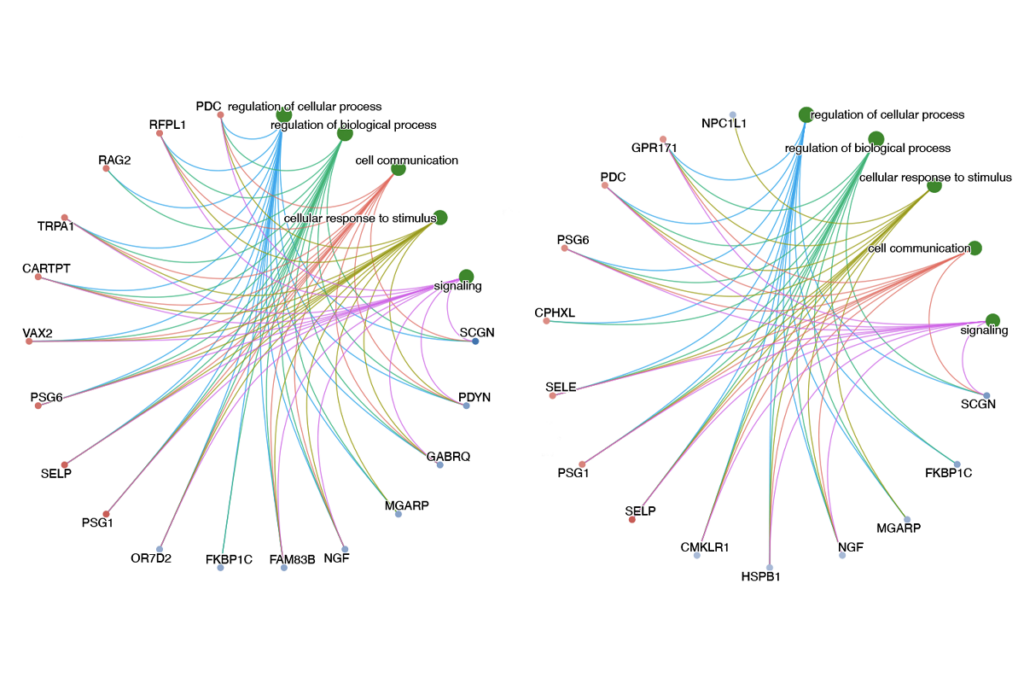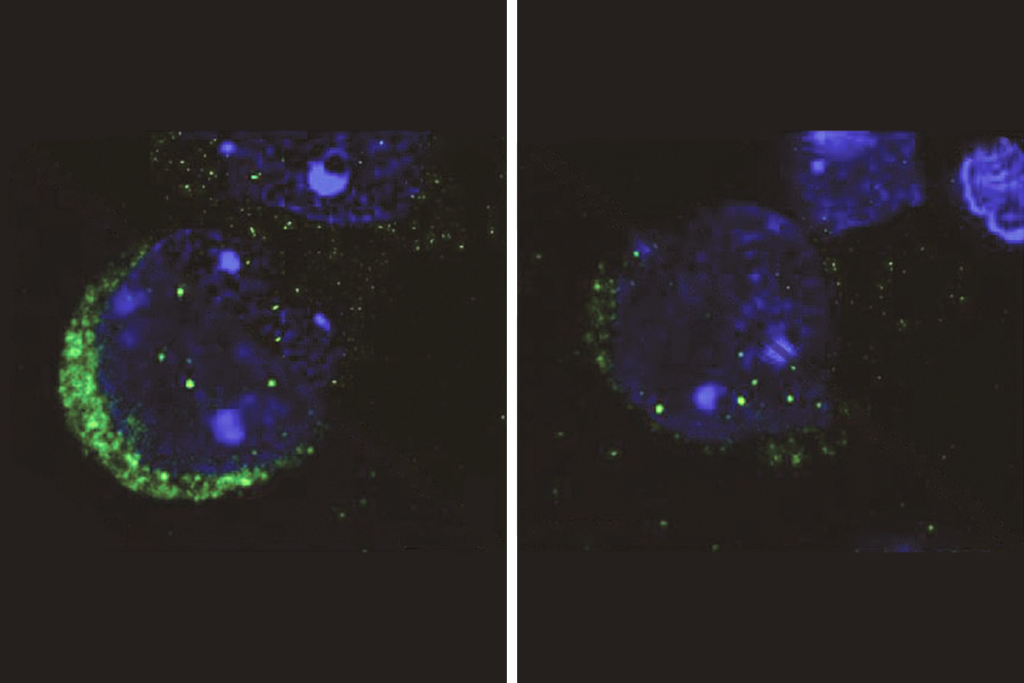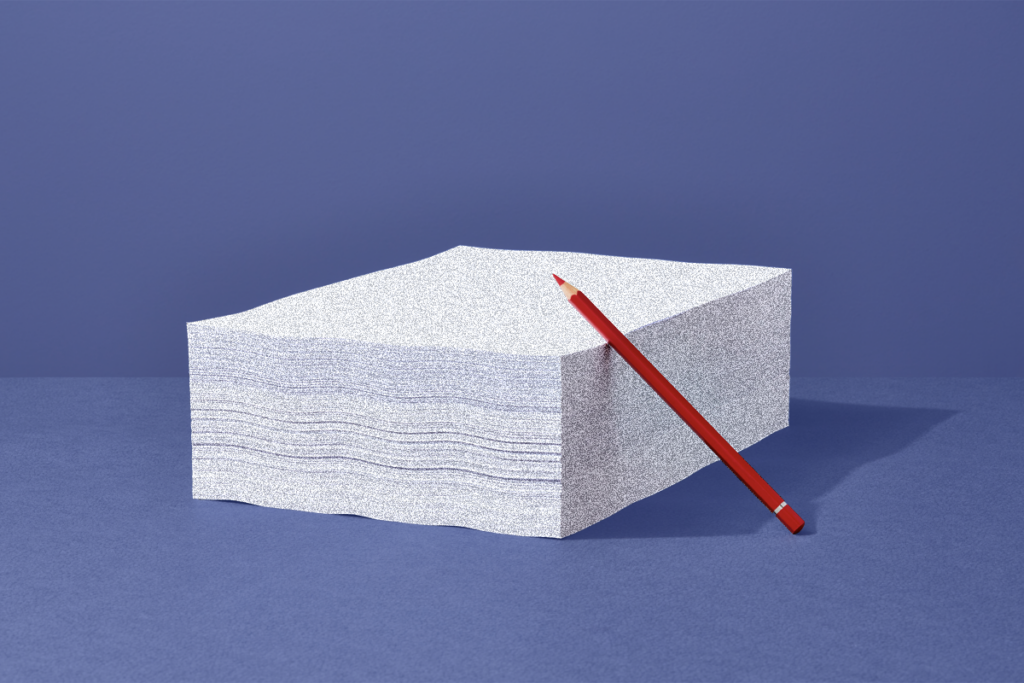- Maternal immune activation in rats alters pups’ vocalization and grooming behavior, as well as neural oxytocin and arginine vasopressin pathways. Hormones and Behavior
- Mice missing one copy of the autism-linked gene SHANK3 have altered olfactory processing, as revealed by a complex odor task. Journal of Neuroscience
- New evidence shows that laboratory monkeys tested with Neuralink brain-chip devices died because of the implants — not because of old age or illness as company head Elon Musk had asserted. Wired
- Researchers have created a spatial atlas of cell types, based on their molecular profiles, in the mouse brain. Nature
- In autistic children, the posterior superior temporal sulcus is active during solo doll play as well as during doll or tablet play with another person, but not during solo tablet play. European Journal of Neuroscience
- A second person with Rett syndrome has undergone gene therapy with TSHA-102, and the therapy’s maker intends to share results next month. Spectrum reported on results from the first person undergoing treatment earlier this year. Taysha Gene Therapies
- The scientific publisher Hindawi has retracted a paper on using artificial intelligence to improve cognitive skills in autistic children; the journal that published the study closed earlier this year. Spectrum previously reported on another retraction and journal closing by the publisher. Hindawi
- An estimated 37 percent of children diagnosed with autism by age 3 no longer meet diagnostic criteria at age 6, according to a study of 213 children — the shift occurred more often in girls and in toddlers with stronger adaptive skills. JAMA Pediatrics
- Autistic adults who report high confidence in their social skills when interacting with other autistic adults tend to have better well-being than those who are less confident. Autism
 Cortical cartography: Scientists have created a spatial map of molecular cell types in the mouse brain.
Cortical cartography: Scientists have created a spatial map of molecular cell types in the mouse brain. - Attention-deficit/hyperactivity disorder traits are more strongly linked to experiencing violence or victimization than are autism traits, according to a study in 228 adults. Autism Research
- A digital autism-screening method that uses gaze and the facial and head movements of children watching video clips has 88 percent sensitivity and 81 percent specificity. Nature Medicine
- Participatory autism research is useful, though care must be taken to avoid performative inclusion that continues to diminish autistic voices, according to a commentary written by an autism researcher and an autistic person. Cortex
- The autism-linked gene SYNGAP1 plays a role in forming the sensorimotor circuits that underlie tactile perception in mice, according to a preprint. bioRxiv
- The gene TCF4, linked to autism and Pitt-Hopkins syndrome, appears to regulate the development of certain inhibitory interneurons. Molecular Psychiatry
- More newly minted Ph.D.s in science are taking jobs in industry, and fewer are going on to academic postdoctoral positions than ever before, continuing a decade-long trend. STAT
- A newspaper investigation has uncovered multiple instances of abuse and neglect at Massachusetts residential schools, where many of the students have autism. The Boston Globe
SHANK3 and olfaction; spatial atlas of mouse brain; persistence of autism diagnoses
Here is a roundup of news and research spotted around the web for the week of 2 October.
By
Jill Adams
6 October 2023 | 3 min read
tags:
Recommended reading

Autism traits, mental health conditions interact in sex-dependent ways in early development
By
Jill Adams
1 April 2025 | 2 min read

New tool may help untangle downstream effects of autism-linked genes
By
Giorgia Guglielmi
27 March 2025 | 5 min read

NIH neurodevelopmental assessment system now available as iPad app
By
Jill Adams
25 March 2025 | 2 min read
Explore more from The Transmitter
It’s time to examine neural coding from the message’s point of view
By
Daniel Graham
1 April 2025 | 0 min watch

Organoids and assembloids offer a new window into human brain
By
Sergiu P. Pasca
31 March 2025 | 6 min read

Who funds your basic neuroscience research? Help The Transmitter compile a list of funding sources
By
Claudia López Lloreda
28 March 2025 | 1 min read
Cite this article: